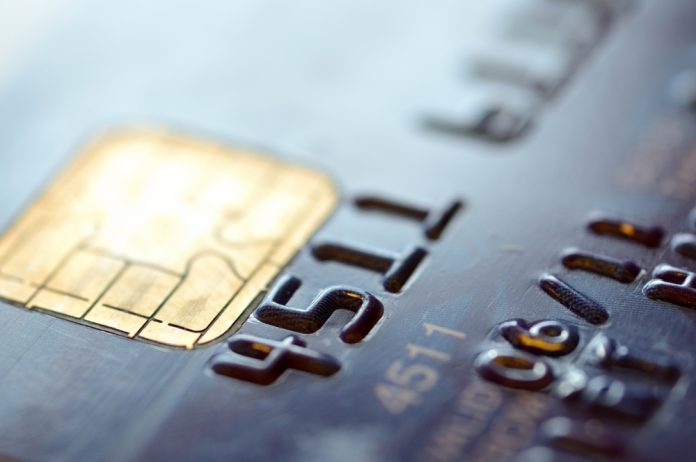‘Rip off’ fees charged when consumers pay by credit card are to be banned by the government, in new plans unveiled on Wednesday.
From January 2018, companies will no longer be allowed to charge extra fees when customers pay by credit card, a move estimate to save UK consumers millions of pounds per year. Currently fees can be charged of up to 20 percent, adding up to around £473 million in 2010.
The government said it hoped the move would give “shoppers across the country have that bit of extra cash to spend on the things that matter to them”.
“Rip-off charges have no place in a modern Britain, and that’s why card charging in Britain is about to come to an end,” said Stephen Barclay, economic secretary to the Treasury.
Many government departments also use this method to rake in extra money from consumers, with the Driver and Vehicle Licensing Agency charging a flat £2.50 fee to pay by credit card and HM Revenue & Customs charging extra when a tax bill is paid by credit card. Budget airlines Ryanair and easyJet are also fans of the practice, known as surcharging, and add credit card fee of 2 percent and 1 percent respectively.
Guy Anker, managing editor of the MoneySavingExpert.com website, said scrapping these charges was good news for millions of consumers but told the Guardian: “We expect some companies will raise prices for all to compensate for the loss, which could hit those who currently pay in cash or by debit card.”

